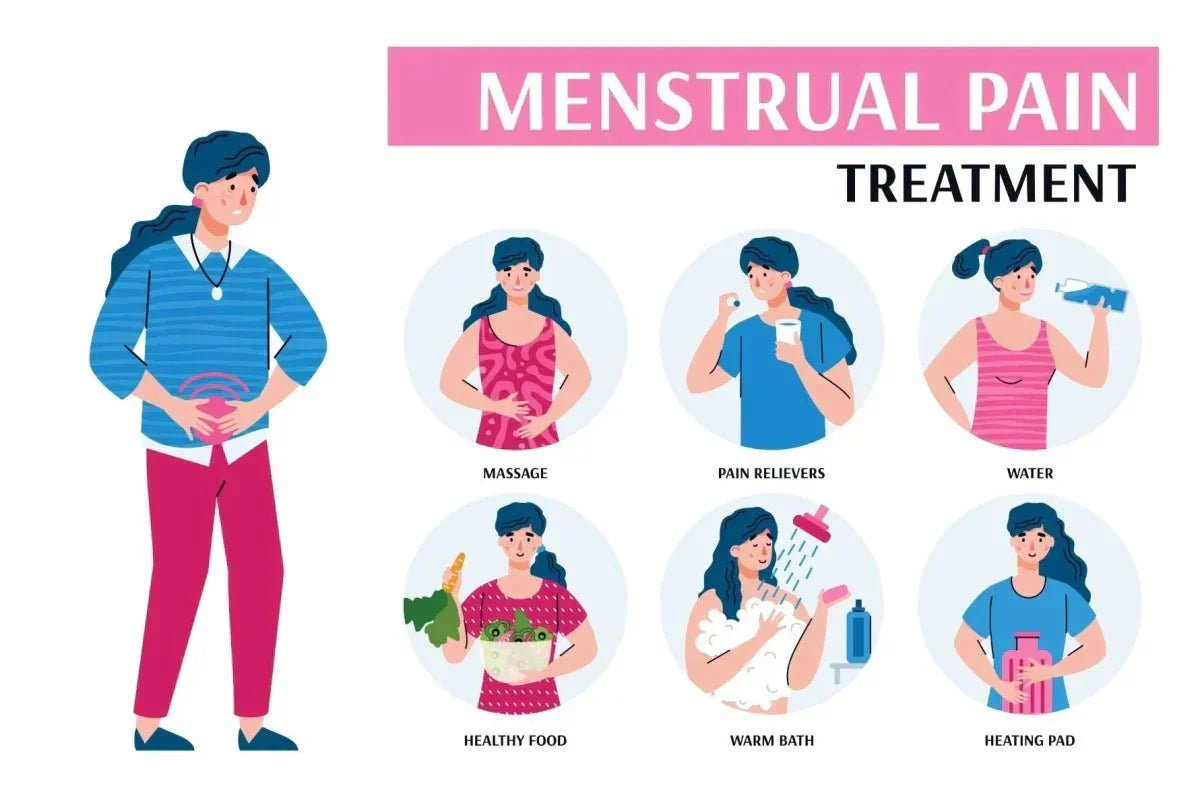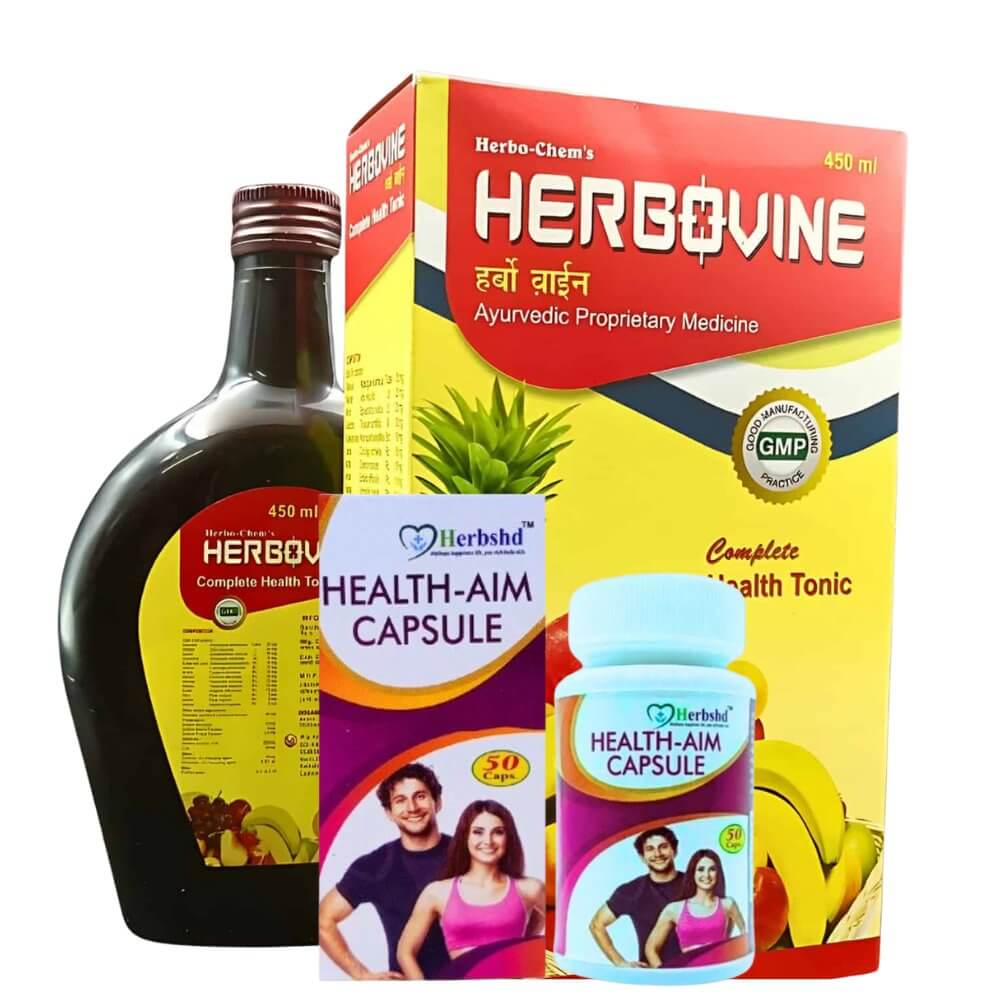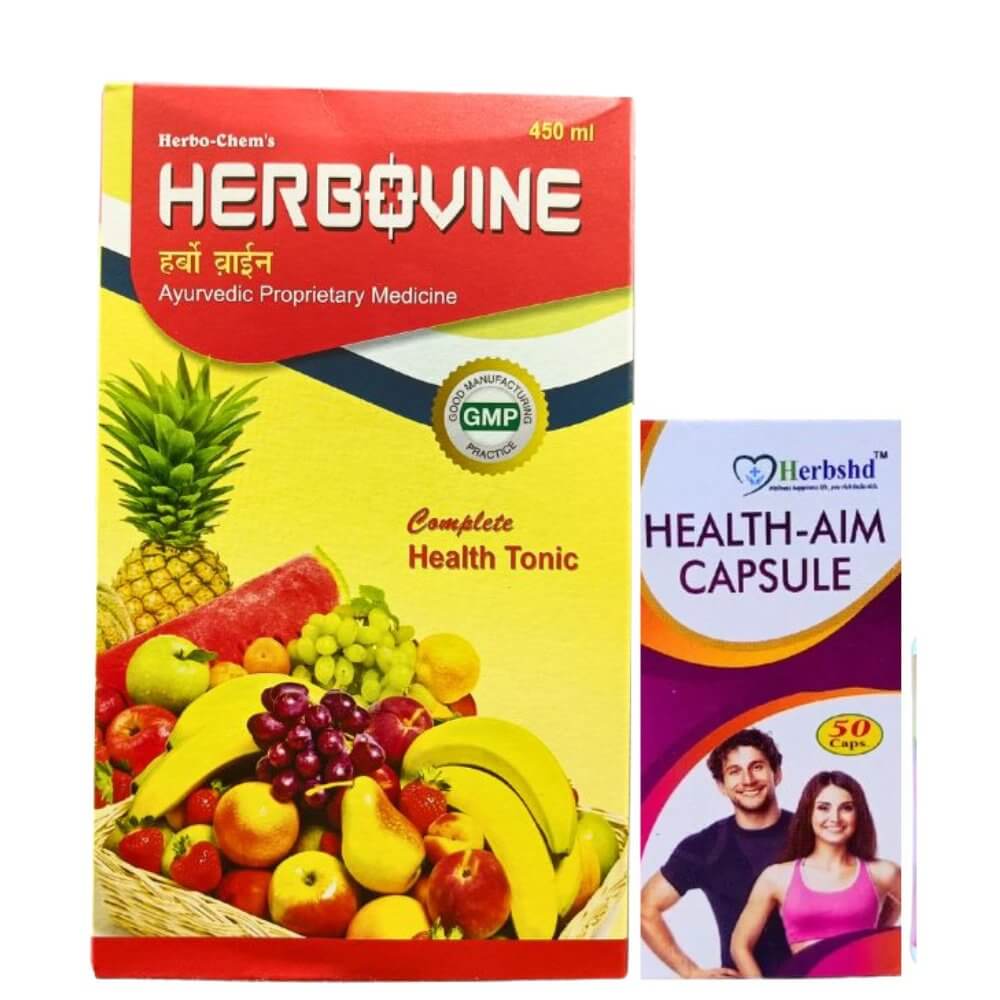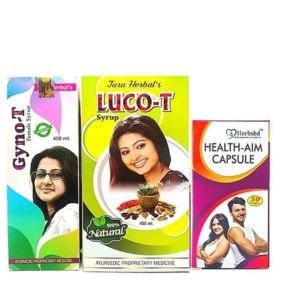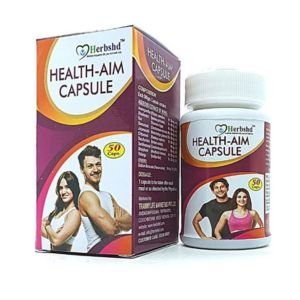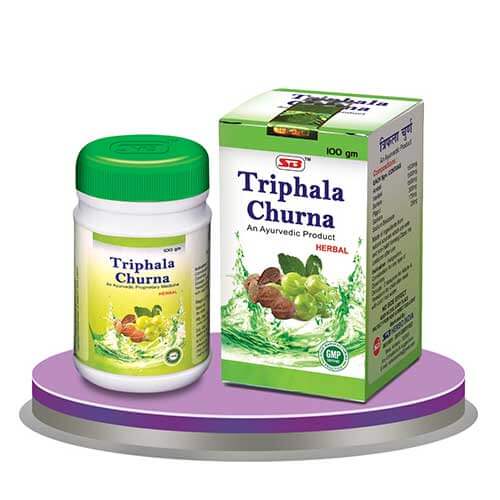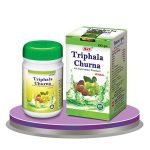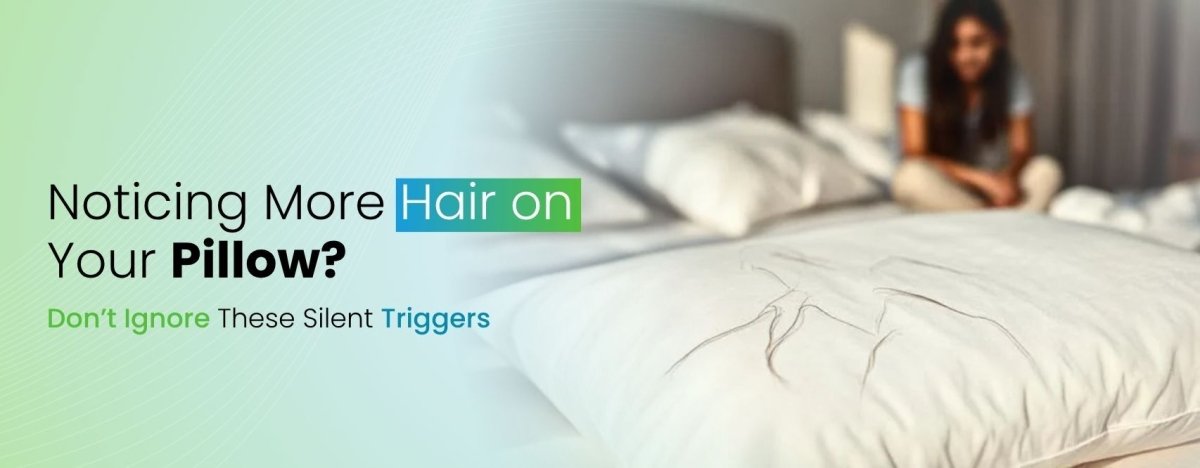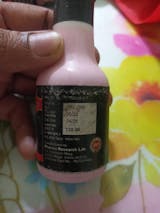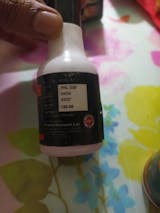Many people report having abdominal or pelvic pain at the of their. In some cases, remedies can help a person get relief.
During a period, the uterus contracts to squeeze the lining away from the uterine wall and allow it to exit the body through the vagina. These contractions can cause pain or discomfort. Many people refer to them as cramps.
During menstruation, most people experience cramps in the lower abdomen, although the pain can also radiate to the lower back, groin, or upper thighs. Menstrual cramps tend to be worst at the of a period and become less uncomfortable as the days go on.period pain relief
period pain relief:What Causes Period Pains?
Period pains, also known as menstrual cramps or dysmenorrhea, are caused by the contraction of the uterus during menstruation. The uterus is a muscular organ that contracts and relaxes during the to shed its lining.
During menstruation, the uterus contracts to help expel the lining, which can cause pain and discomfort. These contractions are caused by the release of substances called prostaglandins, which are by the lining of the uterus. Prostaglandins stimulate the uterus to contract, which can cause pain and cramping.
The severity of period pains can vary from woman to woman, and some women may experience mild discomfort while others experience severe pain. Factors that may contribute to the severity of period pains include a higher level of prostaglandins in the body, a narrow opening, and certain medical conditions such as endometriosis or adenomyosis.
Other factors that may worsen period pains include stress, lack of exercise, diet, and smoking. In addition, some women may experience pain during ovulation, which can also be caused by the release of prostaglandins.
Symptoms of Period Pains?

1. Pain: The most common symptom of period pains is pain or discomfort in the lower abdomen or pelvis. This pain can range from mild to severe and may be crampy, sharp, or dull.
2. Backache: Some women may experience pain in their lower back during their periods.
3. Headache: Headaches or migraines are a common symptom of period pains for some women.
4. Nausea and vomiting: Some women may experience nausea and vomiting during their periods.
5. Diarrhea or constipation: Hormonal changes during menstruation can cause changes in bowel movements, leading to diarrhea or constipation.
6. Fatigue: Some women may feel tired or fatigued during their periods.
7. Mood changes: Hormonal changes during menstruation can also cause mood swings, irritability, and depression.
8. Bloating: Many women experience bloating or water retention during their periods, which can cause discomfort and swelling in the abdomen.
Suggested Home Remedies For Period Pains :

There are a number of home remedies that may help relieve period pains, also known as menstrual cramps or dysmenorrhea. Here are a few suggestions:
1. Heat therapy:
Applying heat to the affected area can help relax muscles and reduce cramps. A hot water bottle, heating pad, or warm towel can all be used for heat therapy.
2. Exercise:
Light exercise such as yoga or stretching can help relieve cramps by improving blood flow and releasing endorphins, which are natural painkillers.
3.Massage:
Massaging the affected area can help reduce muscle tension and improve blood flow, which can relieve cramps. Use circular motions and moderate pressure.
4. Herbal teas:
Certain herbal teas, such as ginger tea and chamomile tea, have anti-inflammatory properties and can help relieve cramps.
5. Magnesium:
Increasing your intake of magnesium- foods such as nuts, seeds, and leafy greens can help reduce cramps. You can also take a magnesium supplement after consulting with a healthcare professional.
6. Essential oils:
Applying essential oils such as lavender, clary sage, and marjoram to the affected area can help reduce cramps. Dilute the essential oils with a carrier oil such as coconut oil before applying.
7. Hydration:
Staying hydrated can help reduce cramps by keeping muscles functioning properly. Drink plenty of water and avoid caffeine and alcohol, which can dehydrate the body.
8. Acupuncture:
Acupuncture is an alternative therapy that involves inserting fine needles into the skin to stimulate certain points on the body. It can help reduce muscle tension and relieve cramps.
TOP AYURVEDIC MEDICINE FOR PERIOD PAIN
Gyno plex & Health aim capsule

hormonal balance and reduce excess vaginal discharge.
Luko-T


🌸 Period Pain Relief
Find your Ayurvedic solution for cramps, mood swings & hormonal balance
🌿 Ayurvedic Recommendation
Get Personalized Advice
Powered by GITA AYURVEDIC

